FTC Challenges Court Ruling On Microsoft's Activision Blizzard Buyout
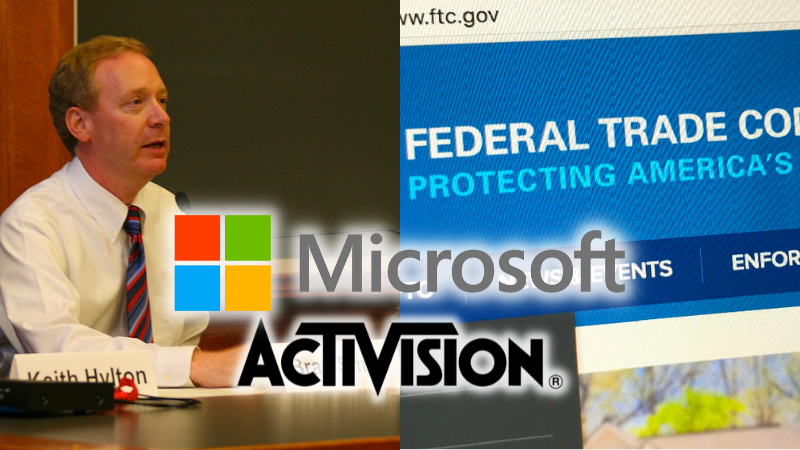
Table of Contents
The Court's Initial Ruling and its Rationale
On July 11, 2023, Judge Jacqueline Scott Corley of the U.S. District Court for the Northern District of California ruled in favor of Microsoft, allowing the $69 billion acquisition of Activision Blizzard to move forward. The judge's decision hinged on a careful consideration of the arguments presented by both Microsoft and the FTC.
-
Microsoft's Argument: Microsoft argued that the merger would not significantly lessen competition in the gaming market. They emphasized their commitment to keeping Call of Duty available on PlayStation consoles and other platforms, countering the FTC’s concerns about anti-competitive practices. They also pointed to the benefits of the merger, such as increased innovation and wider game accessibility.
-
FTC's Counterarguments: The FTC, however, argued that the merger would give Microsoft undue market dominance, particularly given the immense popularity of Activision Blizzard's game portfolio, most notably Call of Duty. They contended that Microsoft could leverage this control to harm competitors, potentially making Call of Duty exclusive to Xbox consoles or hindering competitors' ability to offer compelling alternatives. The core of their concern revolved around the potential for anti-competitive practices leading to higher prices, reduced innovation, and less consumer choice.
-
Key Concerns: The judge acknowledged concerns about potential anti-competitive practices but ultimately found that the FTC hadn't presented sufficient evidence to prove that the merger would likely substantially lessen competition. The judge's reasoning centered on the belief that Microsoft's commitments to maintain Call of Duty availability across multiple platforms mitigated the potential harm.
The FTC's Appeal and its Arguments
Unsatisfied with the initial court ruling, the FTC launched an appeal, asserting that Judge Corley's decision was flawed and that the merger posed a significant threat to competition within the gaming industry.
-
Reasons for Appeal: The FTC argues that the court insufficiently weighed the potential for Microsoft to use its market power to harm competitors post-merger. They believe that Microsoft's promises regarding Call of Duty are not legally binding and could be easily broken after the acquisition is complete. The FTC points to Microsoft's history and practices in the gaming market as evidence of their potential to stifle competition.
-
Concerns about Monopoly Power: The FTC's core argument focuses on Microsoft's potential to achieve monopoly power through this merger, particularly regarding cloud gaming. The acquisition of Activision Blizzard's vast game catalog would provide Microsoft with a significant competitive advantage, enabling them to control a substantial portion of the market share. This increased market share could potentially result in higher prices for consumers and fewer choices.
-
Antitrust Laws: The FTC's appeal directly invokes antitrust laws designed to prevent the formation of monopolies and maintain a fair competitive landscape. The agency believes that allowing the merger to proceed would violate these essential tenets of fair competition.
Potential Outcomes and Implications for the Gaming Industry
The outcome of the FTC's appeal remains uncertain, but several scenarios are possible.
-
Successful Appeal: If the FTC's appeal is successful, the merger could be blocked, leaving Activision Blizzard independent and significantly altering the gaming industry landscape. This would maintain the status quo, preserving competition.
-
Unsuccessful Appeal: If the appeal fails, the Microsoft-Activision Blizzard merger will proceed. This would likely lead to increased consolidation within the gaming industry, potentially affecting game pricing, innovation, and the overall experience for gamers.
-
Implications for the Gaming Industry: The merger’s success or failure will have significant reverberations for the entire gaming ecosystem. Sony, Microsoft's primary competitor in the console market, has voiced strong concerns about the potential for Call of Duty exclusivity. An unsuccessful appeal would likely strengthen Microsoft’s position, possibly impacting game development, pricing, and platform availability for Sony PlayStation users. The impact on game accessibility and innovation remains a point of considerable debate.
The Role of Call of Duty in the Dispute
Call of Duty is central to the FTC's arguments against the merger. Its immense popularity and consistently high sales figures make it a critical component in the antitrust debate.
-
Market Power: The FTC argues that controlling Call of Duty would give Microsoft significant market power, allowing them to leverage its exclusivity to attract players to the Xbox ecosystem and potentially disadvantage competitors like Sony PlayStation.
-
Competitive Advantage: Making Call of Duty exclusive (or even offering it with significant advantages on Xbox) would give Microsoft a substantial competitive advantage, potentially stifling innovation and reducing consumer choice. The FTC views this potential scenario as a clear violation of antitrust regulations.
Conclusion
The FTC's challenge to the court ruling allowing the Microsoft-Activision Blizzard merger represents a significant moment in the ongoing battle over antitrust concerns in the gaming industry. The key arguments revolve around Microsoft's potential market dominance, particularly concerning the future of Call of Duty, and the broader implications for competition and consumer choice. The uncertainty surrounding the deal's future underscores the importance of this case, its impact on the gaming market, and the wider implications for antitrust enforcement. Stay informed about the ongoing legal battle surrounding the Microsoft Activision Blizzard buyout as it unfolds. Follow industry news and expert analysis to understand the potential impact on the future of gaming. The FTC's challenge will continue to shape the landscape of the gaming industry, so keep watching for further developments in this critical antitrust case.

Featured Posts
-
 Assam Chief Minister Announces Action Against Aadhaar Cardholders Excluded From Nrc
May 01, 2025
Assam Chief Minister Announces Action Against Aadhaar Cardholders Excluded From Nrc
May 01, 2025 -
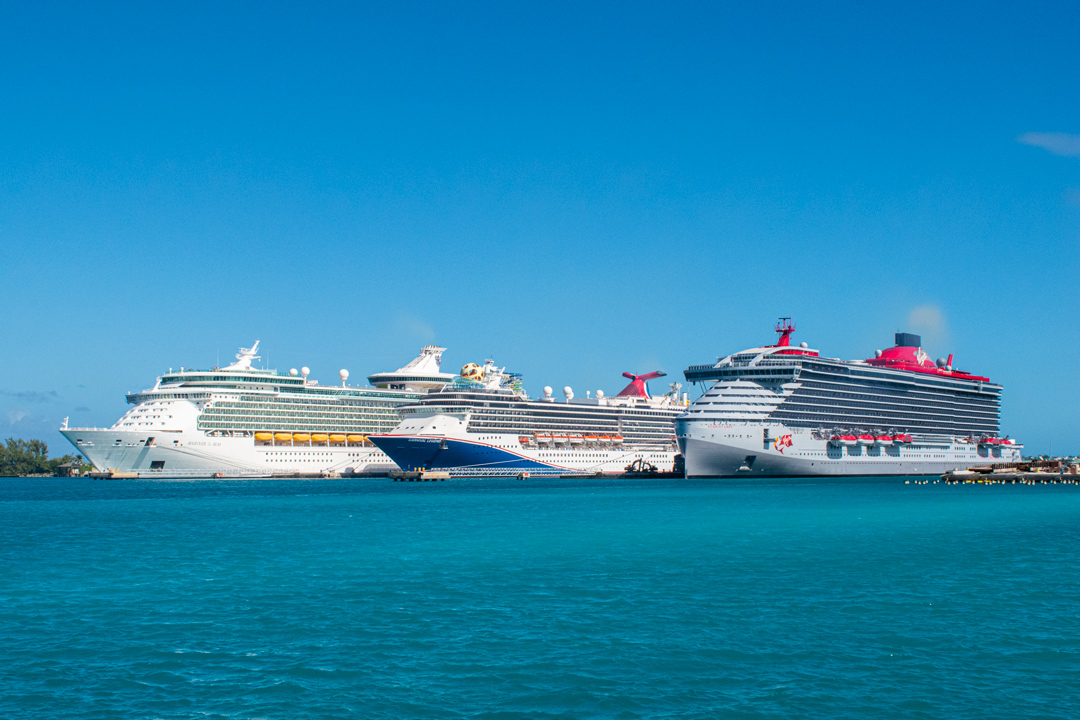 Cruises Com Revolutionizes Cruise Loyalty With New Points System
May 01, 2025
Cruises Com Revolutionizes Cruise Loyalty With New Points System
May 01, 2025 -
 Retailers Warn Temporary Reprieve On Tariff Price Hikes
May 01, 2025
Retailers Warn Temporary Reprieve On Tariff Price Hikes
May 01, 2025 -
 1050 Price Hike At And T Sounds Alarm On Broadcoms V Mware Plans
May 01, 2025
1050 Price Hike At And T Sounds Alarm On Broadcoms V Mware Plans
May 01, 2025 -
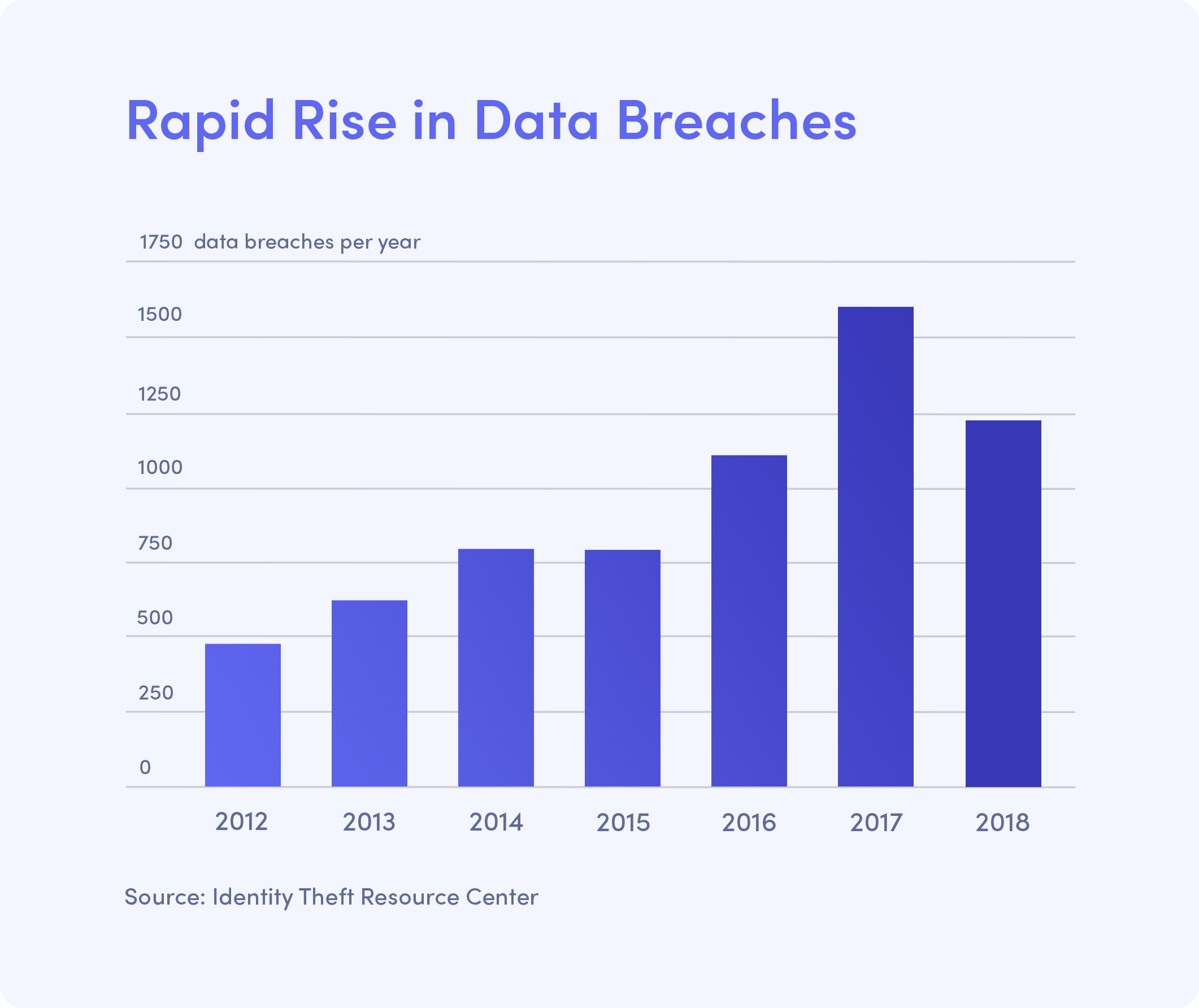 Corporate Email Hack Millions Lost In Office365 Data Breach
May 01, 2025
Corporate Email Hack Millions Lost In Office365 Data Breach
May 01, 2025
Latest Posts
-
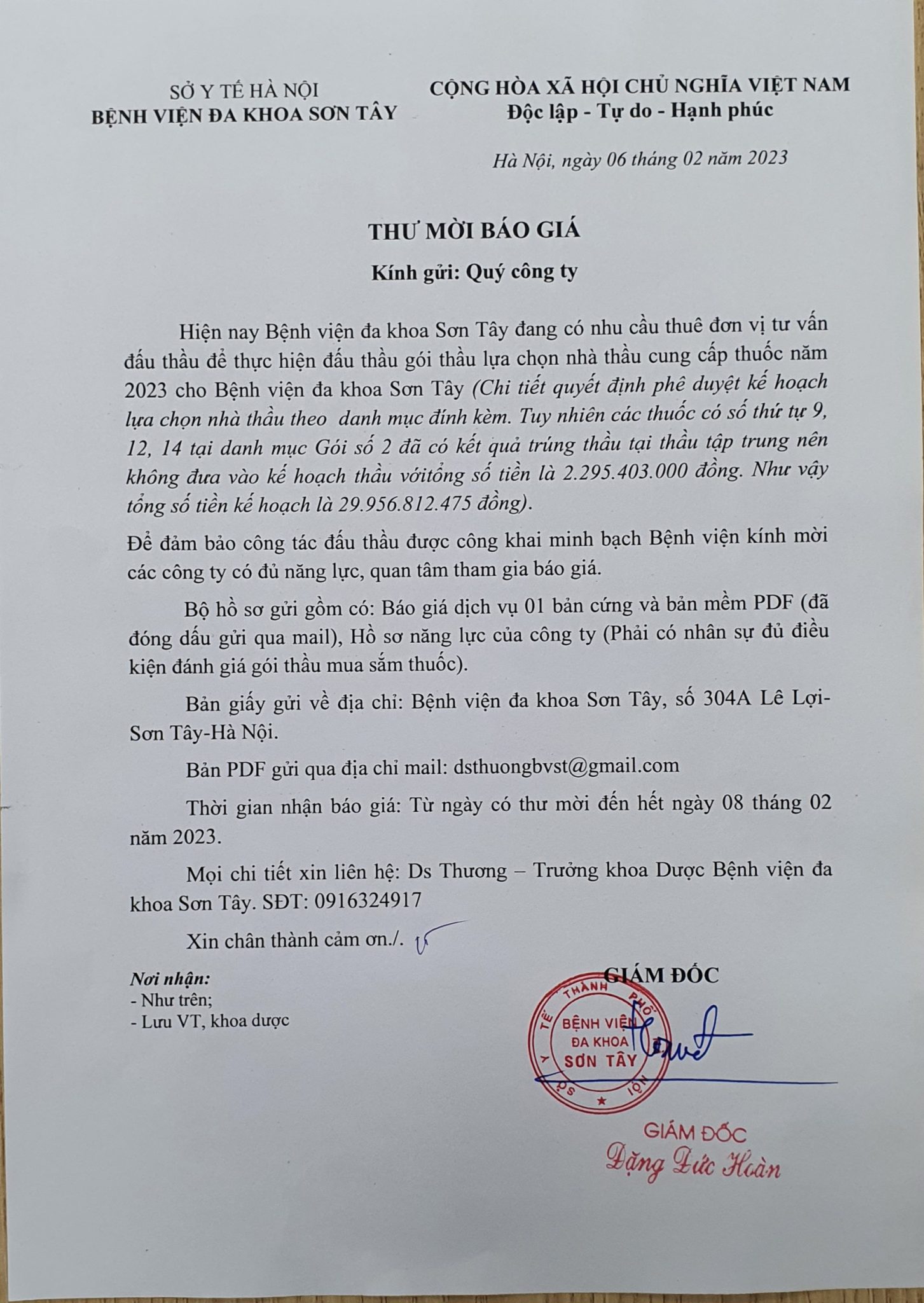 Cty Tam Hop Chien Thang Thuyet Phuc Goi Thau Cap Nuoc Gia Dinh Truoc 6 Doi Thu Khac
May 01, 2025
Cty Tam Hop Chien Thang Thuyet Phuc Goi Thau Cap Nuoc Gia Dinh Truoc 6 Doi Thu Khac
May 01, 2025 -
 Tam Hop Xuat Sac Gianh Chien Thang Goi Thau Cap Nuoc Gia Dinh Truoc 6 Doi Thu
May 01, 2025
Tam Hop Xuat Sac Gianh Chien Thang Goi Thau Cap Nuoc Gia Dinh Truoc 6 Doi Thu
May 01, 2025 -
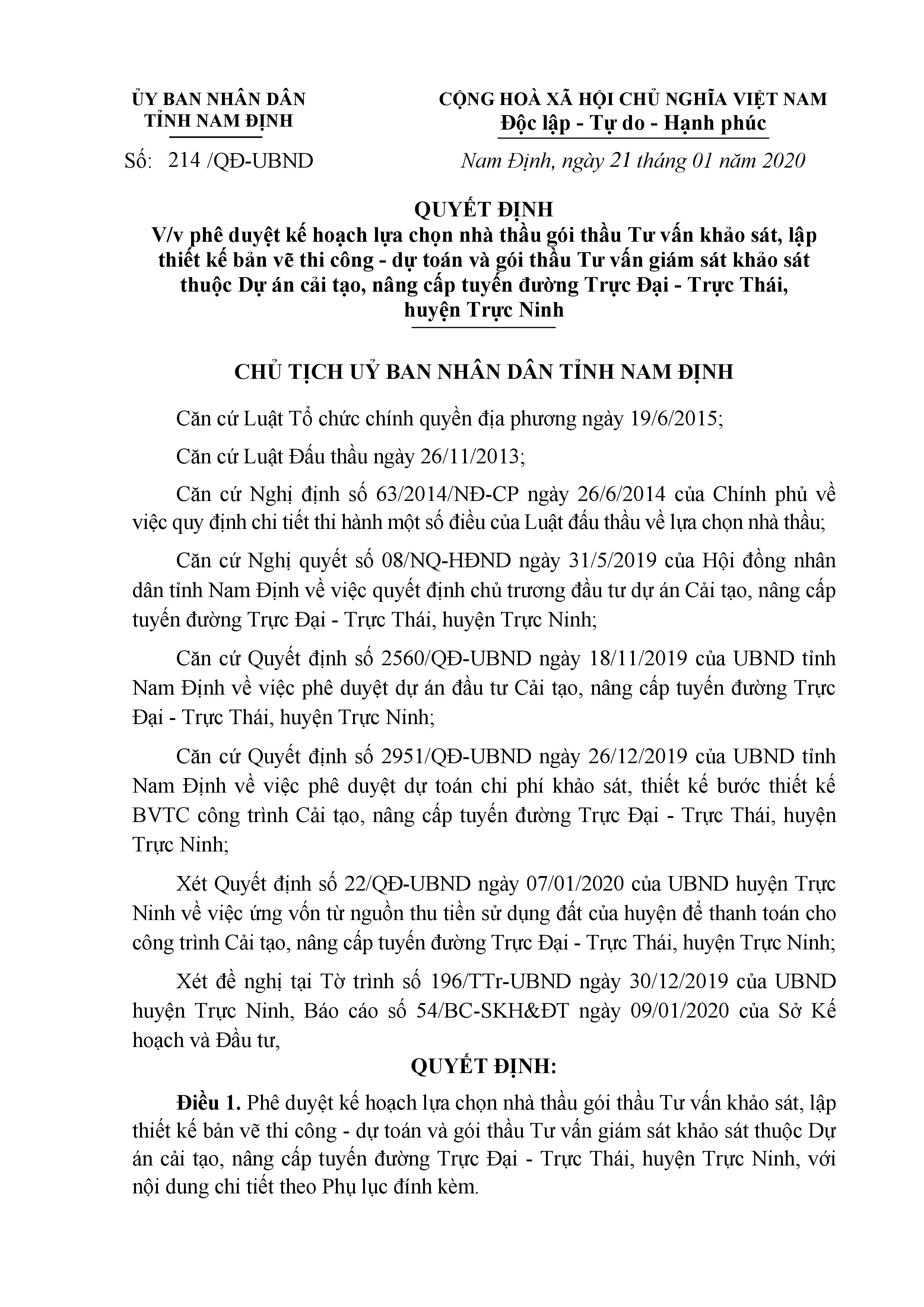 Thanh Cong Ngoan Muc Tam Hop Thang Goi Thau Cap Nuoc Gia Dinh Sau Khi Vuot Qua 6 Doi Thu
May 01, 2025
Thanh Cong Ngoan Muc Tam Hop Thang Goi Thau Cap Nuoc Gia Dinh Sau Khi Vuot Qua 6 Doi Thu
May 01, 2025 -
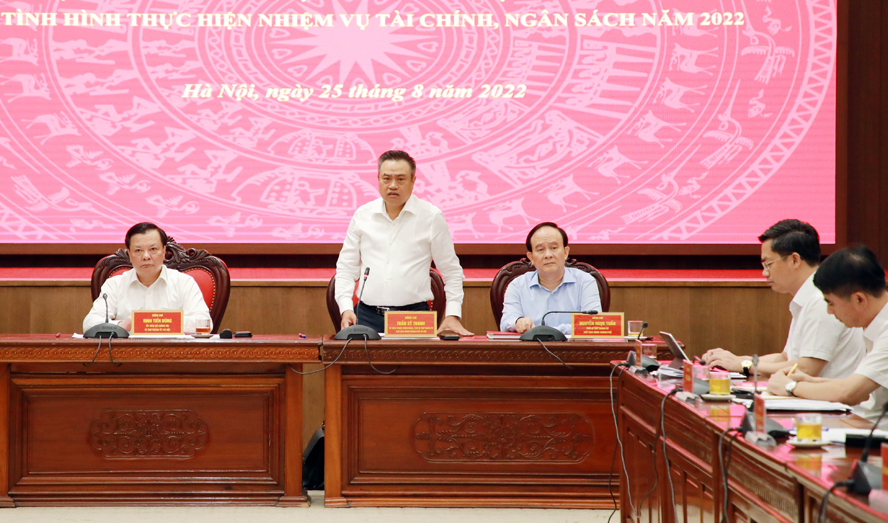 Cty Tam Hop Thang Thau Cap Nuoc Gia Dinh Vuot Mat 6 Doi Thu Canh Tranh
May 01, 2025
Cty Tam Hop Thang Thau Cap Nuoc Gia Dinh Vuot Mat 6 Doi Thu Canh Tranh
May 01, 2025 -
 Discover The Best New Southern Cruises For 2025
May 01, 2025
Discover The Best New Southern Cruises For 2025
May 01, 2025
